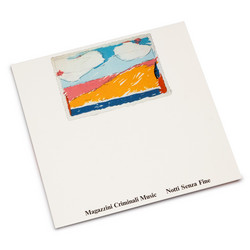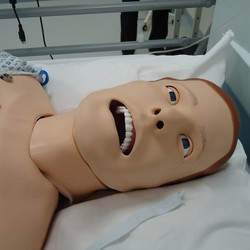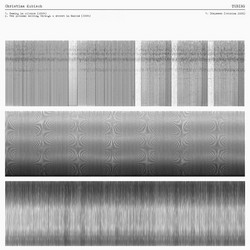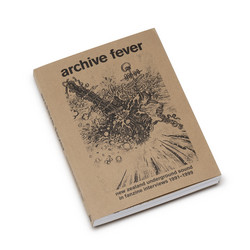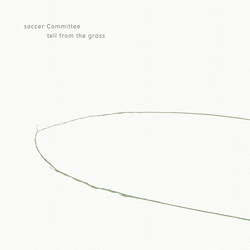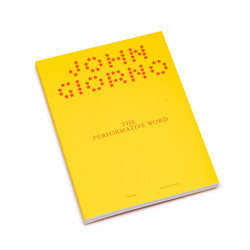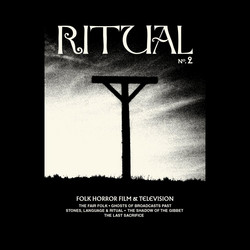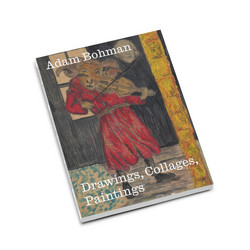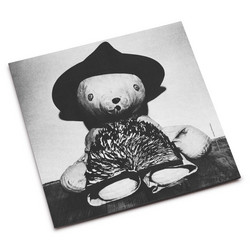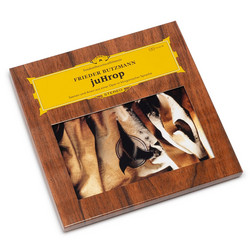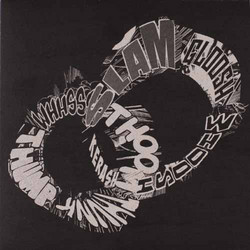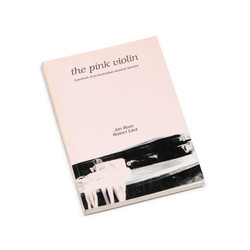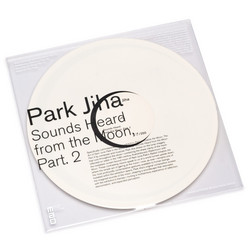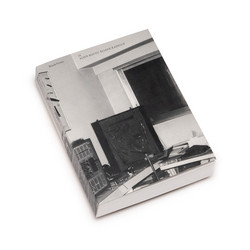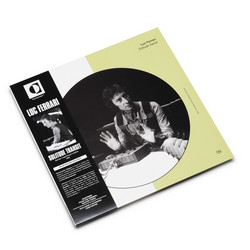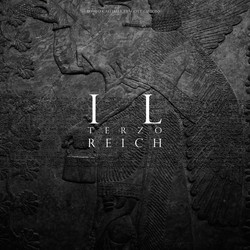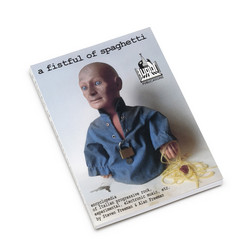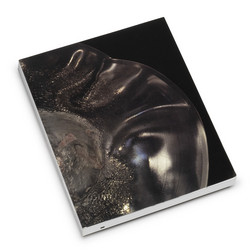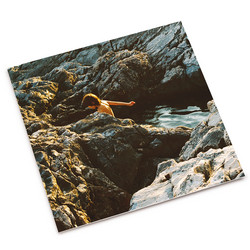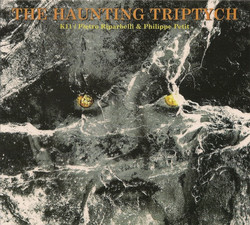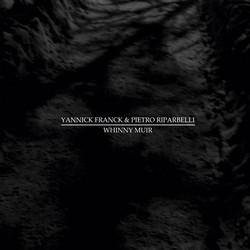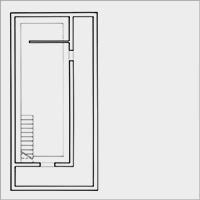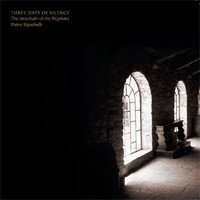Pietro Riparbelli
Italian Cathedrals, Sound Archive 2006 / 2014
“Cathedrals” (pietroriparbelli.bandcamp.com) is a sound archive born in 2006, conceived and developed by Pietro Riparbelli.
Opened to many artists and researcher’s contribution, up to now it has tens of hours of field recordings, captured inside cathedrals and other sacred places of Christian tradition. A selection of the field recordings of cathedrals, basiliche, Italian shrines, edited by Riparbelli himself, gives birth to “Italian Cathedrals, Sound Archive 2006 / 2014”.
"Half-human, half-divine, these places show their complex essence through the recordings of the archive. Tourists and children’s voices, reverberations with sacred flavor, hyms, Masses, sounds from the street that enter shyly from church portals come in succession in the recordings. Through listening we experience these places not only as works dedicated to the glory of Christianity but, as Fulcanelli said, also as “a vast conglomerate of ideas, trends, popular belief, a perfect combination to which we might refer without any fear each time is needed to examine in depth the thoughts of the ancestors in any field: religious, laical, philosophical or social”. The whispering, choruses not always perfect and various sound interferences could move the listener away from a desire or an expectation of spirituality, but the real teaching of cathedrals it might be exactly to train and sharpen the perception. These places, in that sense, can prove to be great teachers, and these recordings are the perfect mediums for that purpose. For those who have a good and sensible ear, it will be possible to feel the sacred, thanks to a feeble and intimate prayer that we can perceive under the tourist’s voices or through a not very impeccable chorus that, in a moment, turns perfect in his praise. Riparbelli’s sensivity in dealing with these sounds make the listening of these three hours intensely experiential. The sounds are selected and edited discreetely. As Medieval architects themselves, Riparbelli seems to consider how much important is to subordinate the technique to the idea, demonstrating once again that his study is directly linked to a research on his being. " (Andrea Penso, Kirlian Recordings)
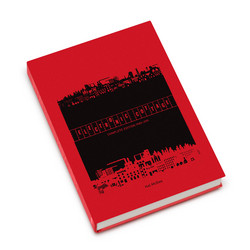
![data-cosm [n°1]](https://cdn.soundohm.com/data/products/2026-02/ikedda-data-cosm-1-jpeg.jpeg.250.jpg)
